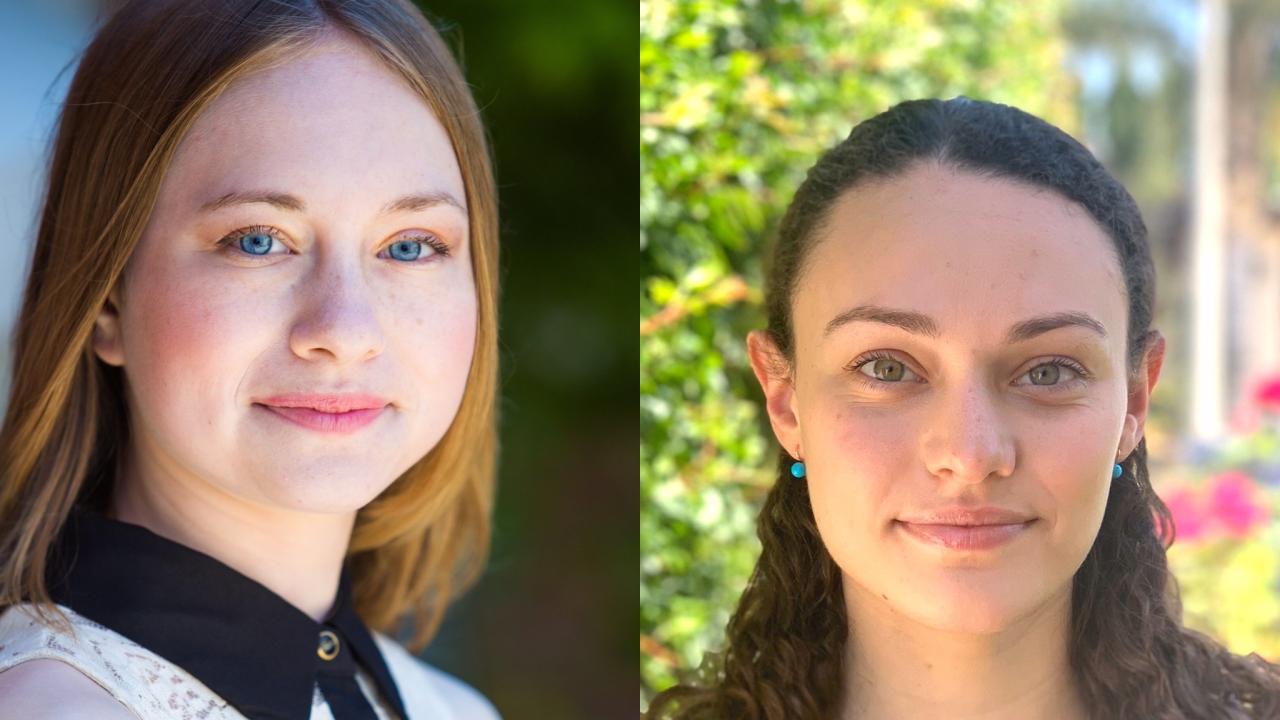
StudentSphere: Student-Run Organization Aims to Help K-12 Students Affected by COVID-19 Pandemic
When the COVID-19 pandemic started, UC Davis College of Biological Sciences student Vikki Krysov noted how the pandemic affected families in her community. She saw parents struggle as they attempted to balance work and their children’s education.
“Essential workers, immunocompromised folks and single parents, they're having an especially difficult time right now,” said Krysov.
Inspired to act, Krysov, a third-year biological sciences student, partnered with Michelle Balshin to launch StudentSphere, a community-service based organization that assists families with children affected by the COVID-19 pandemic. The organization partners college students with K-12 students in a mentor-mentee relationship. Since its launch, the program has amassed over 100 college student volunteers from across the nation and has created over 80 mentor-mentee relationships.
“A lot of kids right now are very anxious and feeling lonely because they’re not able to see their friends; they’re not able to socialize,” said Krysov. “I think it’s very important to have a figure like a mentor who’s able to keep you motivated and socialize with you.”
College students interested in mentoring simply have to fill out a mentorship application. Krysov and Balshin then pair mentors with mentees based on interests, compatibility and availability. From homework help and tutoring to learning English as a second language and how to hip hop dance, the activities mentors and mentees engage in is vast.
“We don’t put any pressure on our mentors,” said Balshin, a third-year who’s majoring in neurobiology, physiology and behavior, and anthropology. “It’s a volunteer program so we understand that schedules may change.”
Balshin noted the organization requests mentors reply to any messages from mentees within 72 hours to ensure there’s continuing conversation between mentor and mentee.
Balshin, who’s tutored students for five years, emphasized that mentees aren’t the only ones who benefit from mentorship; mentors benefit too. Each time Balshin tutors a high school student in chemistry (one of her favorite subjects), the experience is different, leading to new ways of teaching familiar material.
“Each student is very unique to the way they understand the material and their approach,” said Balshin. “It challenges me to think differently and it gives me another view.”
“Once they get the lightbulb moment, I'll also get the lightbulb moment,” she added.
Balshin and Krysov plan to continue rolling out StudentSphere through the spring and summer months.
“We’ve gotten positive feedback for the past month we’ve been active,” said Krysov. “If we do have interest from people, if there’s a need in the community, I think we could continue on with it.”
In a time when so much seems uncertain, Krysov and Balshin hope to give students a sense of agency. Perhaps nothing exemplifies this more than a recent comment Balshin heard from a StudentSphere mentor.
"One of my friends from my AP chemistry class, she was one of the first people to sign up, and the thing that she told me after her first two sessions was, 'This gives me purpose.’"
Media Resources
- Learn more about StudentSphere
